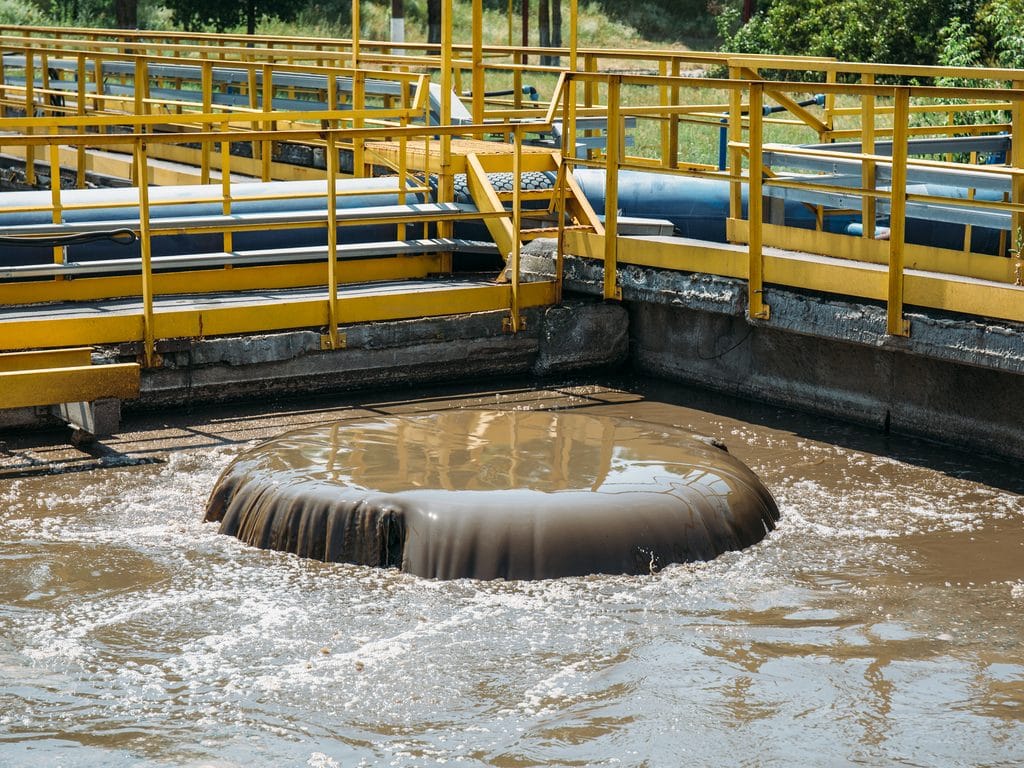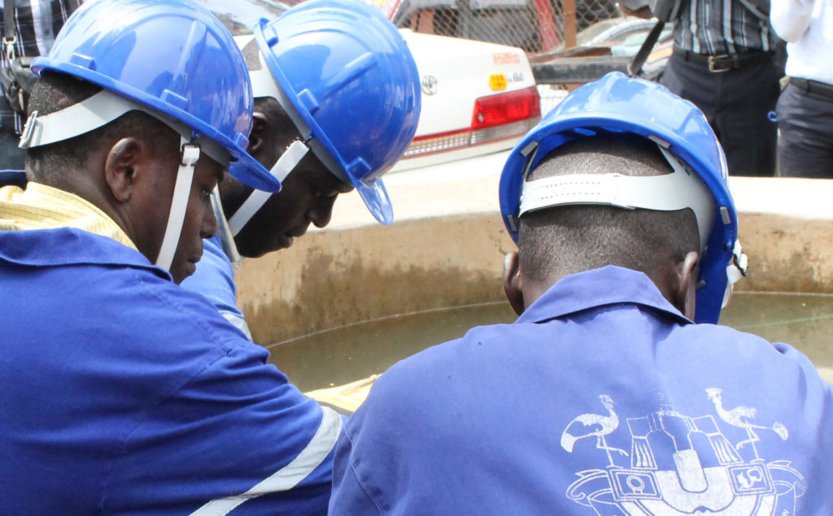
In the recent years, Uganda’s Economy has undergone rapid growth and transformation and as such, resulted into rapid urbanisation across major towns in the Country. This has in turn increased demand for infrastructure for water and sewerage services within the country’s major urban centres. The increased demand for water and sewerage has also increased pressure on water resources and this has in turn aggravated water pollution.
The improvement of sanitation services, water availability and water quality in the major towns in Uganda, as well as the protection of water resources, forms part of the Government policies focused at eradicating poverty and continuing progress towards achieving the Sustainable Development Goals (SDGs) on water and sanitation as well as improving water governance and management of water resources in Uganda.
National Water and Sewerage Corporation (NWSC) which is mandated to provide water supply and sewerage services in 258 major towns and cities in Uganda, with support from development partners has undertaken major water supply and sewerage infrastructure development projects in the towns under its jurisdiction. The Africana Development Bank has been a major partner in this endeavour.
The Kampala Sanitation Programme; The sewerage system in Kampala was built over 50 years ago, and only covers part of the Central Business District and affluent neighbourhood. The system currently serves about 15% of the total population residing in the metropolitan Kampala. There is a great improvement in the sewage coverage in the City, resulting from the recent Interventions implemented under the Kampala Sanitation Program (KSP).
The Kampala Sanitation Program aims at improvement of the sewerage situation in Kampala City through the implementation of selected measures for the rehabilitation and extension of the sewerage system, improved collection of faecal sludge from on-site sanitation facilities in un-sewered areas and the implementation of wastewater and faecal sludge treatment facilities for the metropolitan Kampala.
It is expected that these interventions, will in turn contribute to improvements in public health including infant and maternal mortality rates and poverty reduction as well as achievement of national development Plan targets and Sustainable Development Goals. It will also ensure improvements in protection of Kampala’s natural environment, both land and water through pollution controls of the Lake Victoria water body.
The scope of works under KSP considered addressing the most urgent needs; mainly rehabilitation of the existing sewerage system, and essential extensions as well as the promotion of sanitation and hygiene education.
To-date through the Kampala Sanitation project, NWSC has completed works on the Lubigi sewerage treatment plant (Capacity 5400m3/day); Kinawataka Sewerage Treatment Plant (capacity 8000m3/day); at 98% completion is the Nakivubo waste water treatment plant with a

capacity of 45,000m3/day. The Nakivubo sewer plant will be the largest in Eastern Africa. Award of contract is ongoing for construction of the Nalukolongo sludge management and treatment plant (Capacity 8000m3/day)
The technological choices for the wastewater treatment plants were dictated by the need to go for the least cost solutions but also environmental protection considerations by adopting appropriate technologies. In this regard, the Nakivubo waste water treatment plant (WWTP) was designed to minimise greenhouse gas emissions from municipal wastewater treatment by recovering the methane produced during wastewater treatment and to use it for generation of electricity and heat. The plant has the capacity to produce about 630KW of electricity.
The direct beneficiaries of the program will be the entire population of Kampala estimated as 1.4 million and the people living along the nearby shores of Lake Victoria.
On the whole; the project has led to a reduction in greenhouse gas emissions from wastewater treatment and the associated environmental impacts, through methane recovery and its use for electricity and heat production.
The WWTP project will also directly contribute to a reduction in environmental pollution within the Lake Victoria catchment and, also lead to improved sanitation conditions in Kampala through improved faecal management and treatment.
Remarkably, an improvement in the air quality will be achieved by reducing methane and other trace gases generated and emitted into the atmosphere from wastewater treatment and the associated odours from conventional wastewater stabilisation ponds and open anaerobic digesters.
The production of a nutrient-rich digestate from the biodegraded sludge will create a product that can be used as a soil conditioner for agricultural applications, hence enhancing agricultural productivity and reducing the use of artificial fertilizers with their associated environmental impacts.
National Water and Sewerage Corporation will continue to work with development partners to enhance service delivery and keep its promise of, “Water and Sanitation for All”.
Written By: Sheba Bamwine


